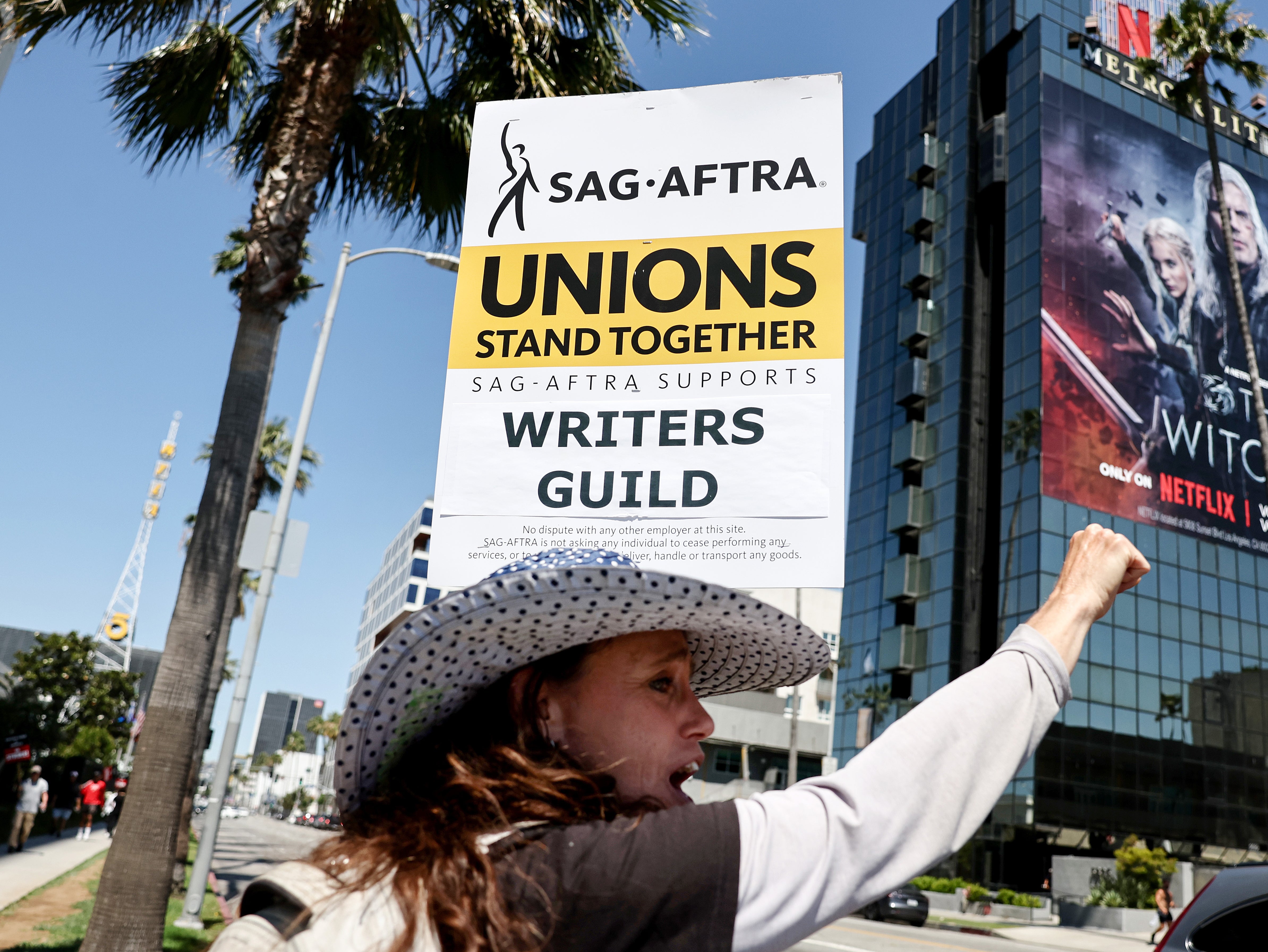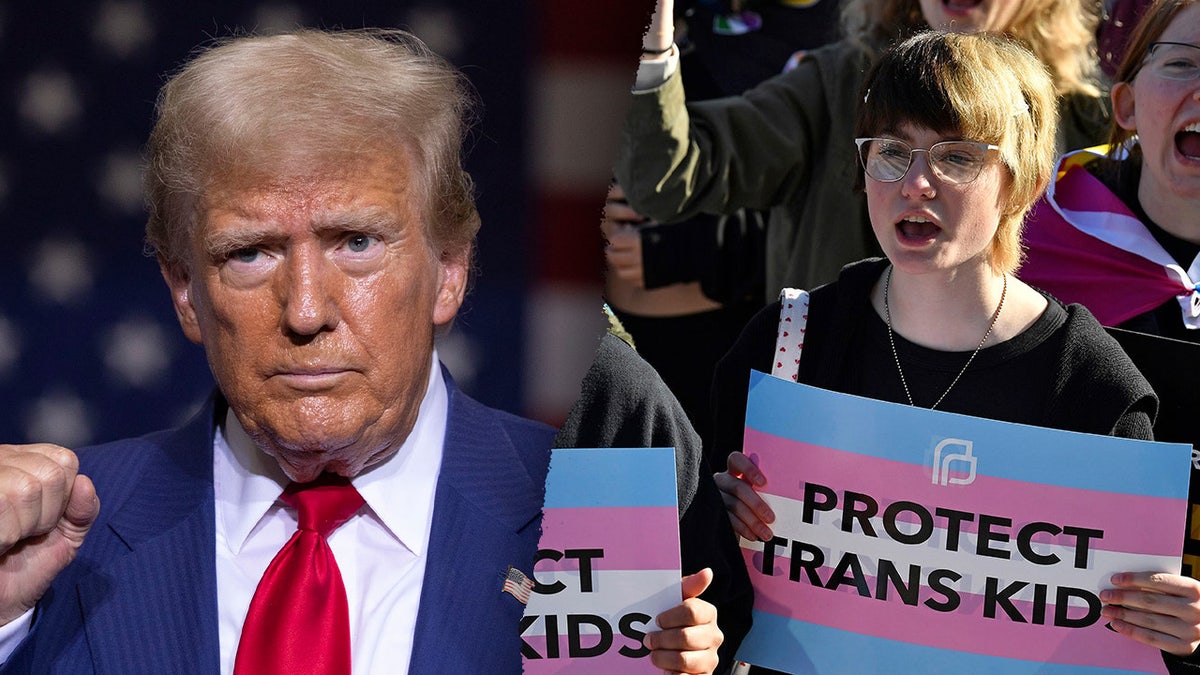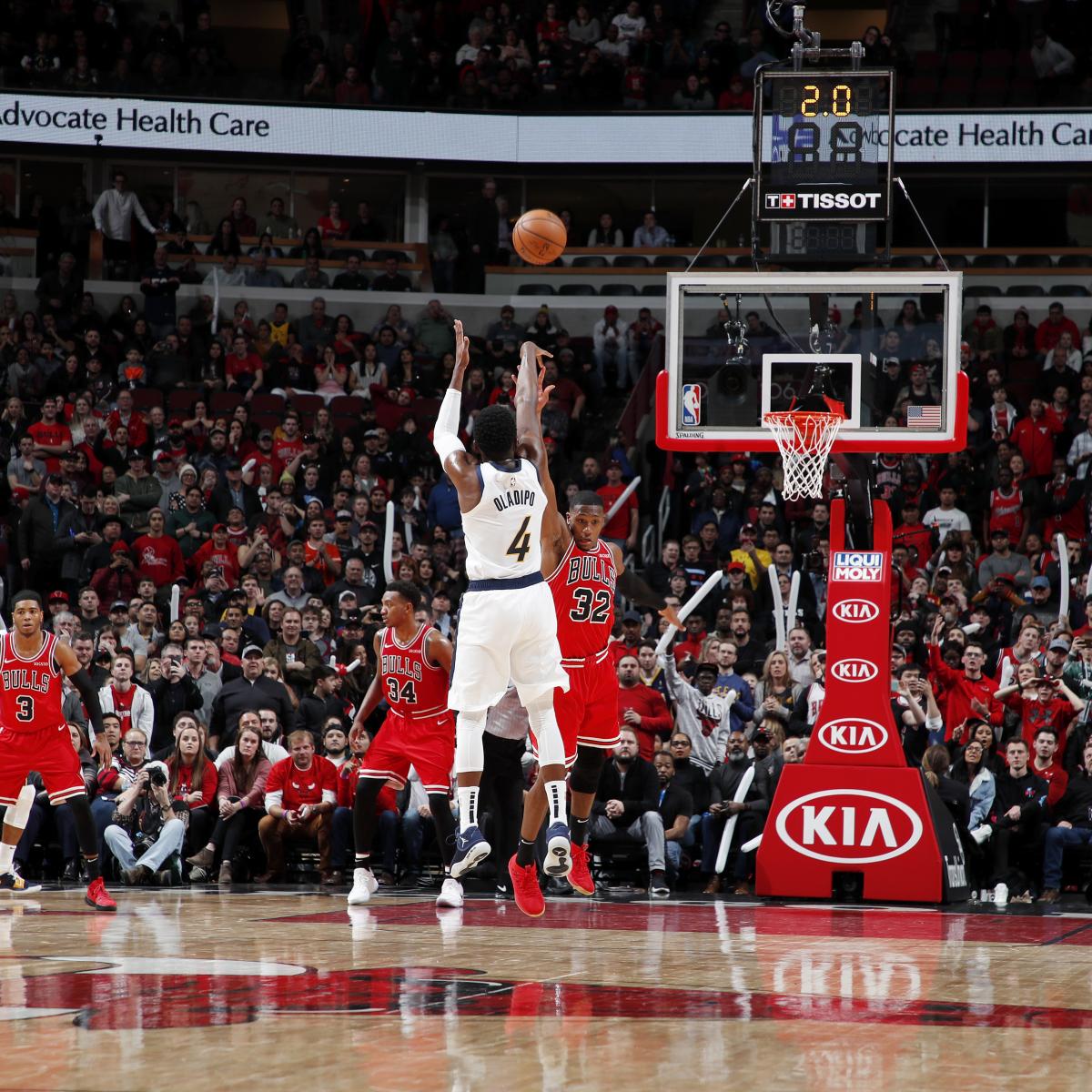The Writers' And Actors' Strike: What It Means For Hollywood

Table of Contents
Key Demands of the Writers' and Actors' Strike
The strike is fueled by a multitude of critical issues, all stemming from the changing landscape of the entertainment industry and the impact of new technologies.
Fair Wages and Residuals
The core issue driving the Writers' and Actors' Strike is the fight for fair compensation in the streaming era. Traditional residuals, once a significant income stream for writers and actors, have significantly diminished with the rise of streaming platforms like Netflix, Hulu, and Amazon Prime. The shift to streaming has fundamentally altered the revenue models, leaving many creatives struggling to maintain a livable income.
- The WGA and SAG-AFTRA are demanding a fairer share of streaming profits. They argue that the current system doesn't adequately reflect the massive profits generated by streaming services.
- Negotiations are focused on adjusting residual payments to reflect the increased profitability of streaming services. This involves developing new models for calculating and distributing residuals that accurately account for the different revenue streams associated with streaming.
- The actors' strike also highlights the lack of adequate compensation for streaming projects, emphasizing the disparity between traditional television and streaming models. Actors often receive smaller payments for streaming projects compared to traditional network television, despite potentially reaching a far wider audience.
AI and its Impact on Creative Work
The rapid advancement of artificial intelligence (AI) is another major point of contention in the Writers' and Actors' Strike. The unions are deeply concerned about the potential for AI to replace human creativity and labor.
- The unions are seeking protections against the use of AI to replace human writers and actors. They want clear contractual agreements that prevent studios from using AI to generate scripts, create characters, or perform roles, thereby devaluing human talent.
- Concerns include the potential for AI to generate scripts and performances, undermining the value of human creativity and labor. The fear is that AI could be used to produce cheaper content, further depressing wages and job security for writers and actors.
- Negotiations are focused on establishing clear guidelines and limitations on the use of AI in the creative process. This includes addressing issues such as ownership of AI-generated content and ensuring that AI is used as a tool to augment, not replace, human creativity.
Working Conditions and Exploitation
Beyond compensation, the strike also addresses pervasive issues of working conditions and exploitation within the entertainment industry.
- The unions are fighting for better working hours and safer sets. The demanding schedules and sometimes unsafe working environments faced by many in the industry are a major concern.
- Issues regarding fair treatment of freelancers and independent contractors are also being highlighted. Many writers and actors work on a freelance basis, often facing precarious employment and a lack of benefits.
- This aspect of the strike aims to improve overall working conditions across the industry, protecting the well-being of creative professionals. This is about ensuring a more equitable and sustainable working environment for everyone involved in entertainment production.
Impact on the Entertainment Industry
The Writers' and Actors' Strike is having a profound and multifaceted impact across the entertainment industry.
Production Delays and Cancellations
The strike has brought numerous film and television productions to a complete standstill. This is causing significant disruption across the industry.
- Major studio productions are indefinitely delayed. Blockbuster films and highly anticipated television series are facing potentially substantial delays in production and release.
- Late-night shows and daily programming have been significantly affected. Many television shows have been forced to halt production, resulting in reruns or a complete absence of new content.
- This production backlog will have long-term consequences for release schedules and the overall flow of content. The ripple effects will be felt across the industry for months, if not years, to come.
Economic Implications
The economic implications of the Writers' and Actors' Strike extend far beyond the studios and networks.
- Losses are being felt by production crews, caterers, location managers, and many others. Thousands of individuals who work on film and television sets are facing unemployment due to production shutdowns.
- The ripple effect extends to tourism and hospitality in areas reliant on film production. Cities and towns that rely heavily on the economic activity generated by film and television production are experiencing a significant decline in revenue.
- Long-term economic consequences are uncertain but likely substantial. The full economic impact of this strike will only become clear as the situation unfolds.
Changes in the Future of Hollywood
The Writers' and Actors' Strike is forcing a reckoning within Hollywood, potentially leading to significant changes in how the industry operates.
- Increased scrutiny on studio practices and fair compensation models is anticipated. The strike has brought increased public attention to the inherent power imbalances within the industry.
- Potential for regulatory intervention or new industry standards could emerge from this crisis. Governments may step in to regulate the industry, or new industry standards could be negotiated to address the concerns raised by the strike.
- The strike is pushing Hollywood to re-evaluate its business models and address long-standing issues. This could lead to a more sustainable and equitable model for the industry as a whole.
Conclusion
The Writers' and Actors' Strike is a pivotal moment for Hollywood, revealing deep-seated imbalances and prompting a much-needed conversation about fair compensation, working conditions, and the impact of technology on creative labor. The outcome of this strike will significantly shape the future of the entertainment industry. To stay informed about the latest developments and the ongoing impact of the Writers' and Actors' Strike, keep checking back for updates. Understanding the complexities of this significant labor action is crucial for anyone involved in or interested in the world of entertainment. The future of fair wages and working conditions in Hollywood hangs in the balance, and the resolution of this Writers' and Actors' Strike will redefine the landscape of the entertainment industry for years to come.

Featured Posts
-
 Blake Livelys Lawyer Challenges Ryan Reynolds And Taylor Swift Subpoena
May 28, 2025
Blake Livelys Lawyer Challenges Ryan Reynolds And Taylor Swift Subpoena
May 28, 2025 -
 Climate Changes Effect On Rainfall A Focus On Western Massachusetts
May 28, 2025
Climate Changes Effect On Rainfall A Focus On Western Massachusetts
May 28, 2025 -
 Trump Targets Harvard 3 Billion In Grants Proposed For Trade School Redirect
May 28, 2025
Trump Targets Harvard 3 Billion In Grants Proposed For Trade School Redirect
May 28, 2025 -
 Taylor Wards Grand Slam Angels Upset Padres In 9th Inning
May 28, 2025
Taylor Wards Grand Slam Angels Upset Padres In 9th Inning
May 28, 2025 -
 Mathurins Heroics Pacers Edge Nets In Overtime Thriller
May 28, 2025
Mathurins Heroics Pacers Edge Nets In Overtime Thriller
May 28, 2025
